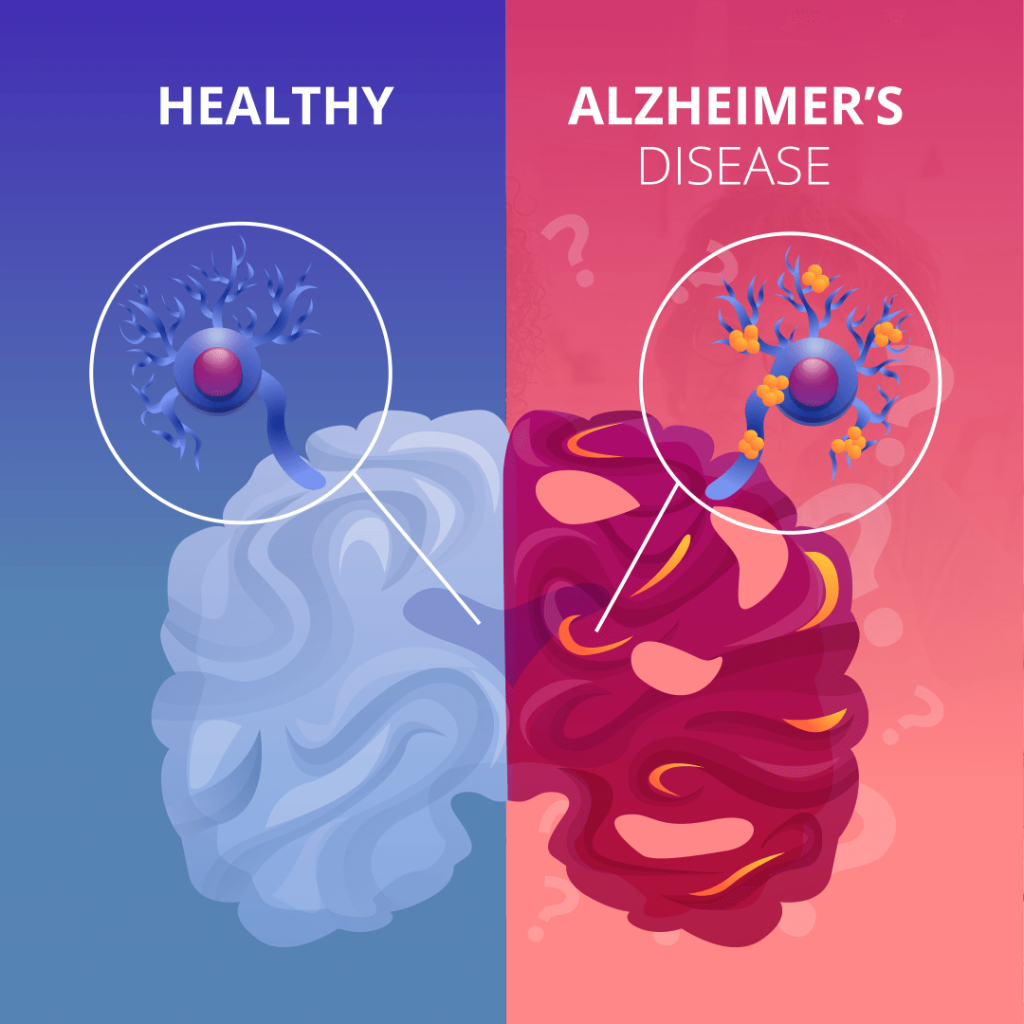
Lifegiving and love lie at the heart of marriage, on physical, psychological, emotional and spiritual levels too. It must be acknowledged that there are times when some of these elements are seriously reduced or no longer present. For a variety of reasons love appears to die and the relationship ends. As we pledge in our marriage vows, “I take you in sickness and in health until death does part” happens to us on a number of these levels but as the Preface in the Mass for the Dead states, “for your faithful, Lord, life is changed not ended.” A popular quotation in marriage ministry is “Jesus is the third partner in a successful marriage” and a common spirituality, of any kind, is a powerful bonding resource. We also say that “Love is a Decision” and frequently relationship strengthening can resolve some psychological issues in marriage breakdown.
A particular physical or combined physical/psychological condition in marriage is in another league. An accident resulting in bodily injury can have a major impact on different levels at any age. Living in a retirement village among elderly people, has also highlighted conditions and diseases often associated with ageing, alzheimers and dementia, parkinsons or general physical and mental deterioration. These are some of our greatest fears, dealing with the impact on our ability to function well, but also the impact on our relationships; marriage, but also longer term live-in relationships. A widow’s loss of a pension should she remarry may stop her from marrying again. In cases of divorce where some contact is maintained and one partner becomes ill quite often the divorced spouse will step in with some degree of care. Is this not being lifegiving?

A special concern to explore is the effect of different forms of dementia on a marriage relationship. There seem to be more resources available which are addressed to the person himself or herself than specifically to the spouse. Clearly each person is a unique and full person to begin with and is being faced with gradual but major life changes related to brain malfunctioning. Common aspects of different forms of dementia are memory loss and confusion, and loss of self-worth, creating an inability to engage in a meaningful relationship. A spouse may say, “my marriage is finished.” And yet, a purely physical body remains and possibly some degree of spirituality. Do love and lifegiving potential end or will the loved one’s actions and behaviour in time become intolerable?
The website www.agingcare.com/articles/dementia-intimacy-challenges-156319.htm offers meaningful insights into the marriage relationship. In summary it states, “There’s nothing easy about taking care of someone with dementia. Spousal caregivers can feel especially lost throughout this journey as they struggle to provide care and make difficult decisions, often without the input or approval of their partner in life. There are many losses, the loss of the life they had and the life they expected to have. It can be a lonely and frustrating road for many reasons, but one of the most overlooked challenges facing spousal caregivers is how to deal with a forever altered romantic relationship. One aspect that remains intact for a couple is the need for intimacy, both physical and emotional. Researchers describe how depression is often the consequence of the loneliness experienced as there is no less desire or need for camaraderie, intimacy and touch as we age, while there is constant cognitive and physical decline. Spousal caregivers may be uncomfortable with the thought of being sexually intimate with their loved ones when it is clear the person is not fully in touch with reality due to the impaired thought processes and limited understanding. Confusion and memory loss can contribute to emotional distance (and put a damper on physical affection) as both partners lose the ability to share their hopes, fears, plans and memories with one another. Dementia progresses differently in every patient, but for some the condition so affects their behavior and personality that they may become a total stranger, an inhibiting factor in the relationship. In some instances a person with dementia will display inappropriate behaviour including sexual behaviour which can be embarrassing or even hateful to the spouse.

All in all this is a time of grieving and it is important for a marriage partner to understand their feelings and accept them as normal and natural, being gentle with oneself and finding helpful support systems. In asking “Is my marriage finished,” it might also be possible to say, “Can we still be friends? Can I acknowledge that here life still exists and I can continue to be life-giving to the best of my ability in whatever ways are possible, with our special marital gift of life-giving love?” TR FAMILY WEEKLY 16 February 2022.








Recent Comments